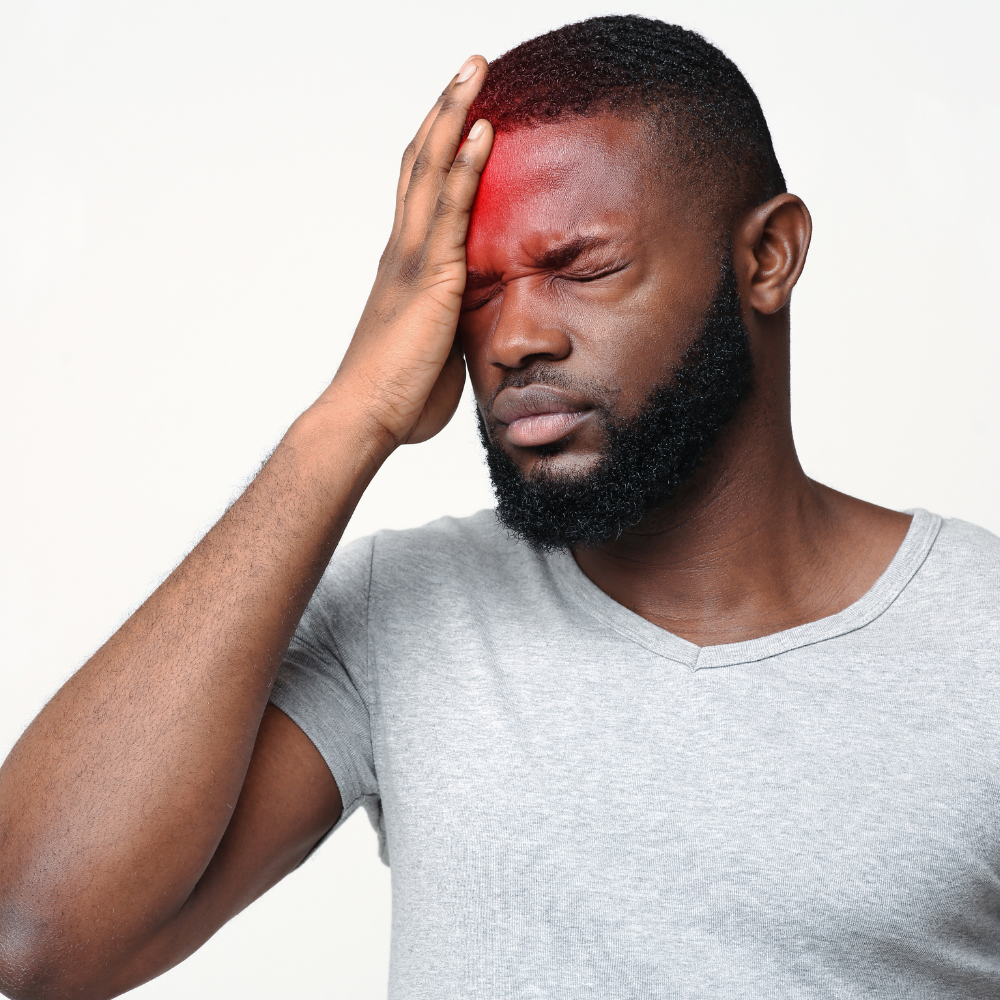Concussions are more common than you might think, affecting millions each year. While often associated with sports, they can occur from any bump or blow to the head, even seemingly minor ones.
What is a concussion?
A concussion is a mild brain injury caused by a bump, blow, or jolt to the head. It disrupts the brain’s normal functioning, leading to a variety of symptoms that may vary in severity and duration.
Recognizing the symptoms:
- Headache: This is the most common symptom, but not always present.
- Dizziness: Feeling lightheaded or disoriented after the impact.
- Vision changes: Blurred vision, double vision, or sensitivity to light.
- Balance problems: Difficulty walking or maintaining balance.
- Memory problems: Difficulty remembering events before or after the injury.
- Confusion: Feeling foggy or slow to think.
- Emotional changes: Irritability, sadness, or difficulty concentrating.
Seek prompt medical attention if:
- You experience any of the above symptoms after a head injury.
- Your symptoms worsen or don’t improve within a few days.
- You lose consciousness, even briefly.
- You have seizures, slurred speech, or severe difficulty walking.
Prompt treatment matters because early diagnosis and management of concussions are crucial for a full recovery. Ignoring symptoms can lead to prolonged recovery, increased risk of future concussions, and even long-term complications like post-concussion syndrome.
Stay informed, stay safe:
- Talk to your doctor about concussion risks and prevention strategies.
- Learn the symptoms and seek medical attention promptly if you suspect a concussion.
- Wear appropriate protective gear during activities with head injury risk.
Dr. Darakchiev is a board-certified, fellowship-trained neurosurgeon skilled in diagnosing and treating a variety of brain, spine and peripheral nerve disorders. To schedule an appointment, please call 631-690-9080.




